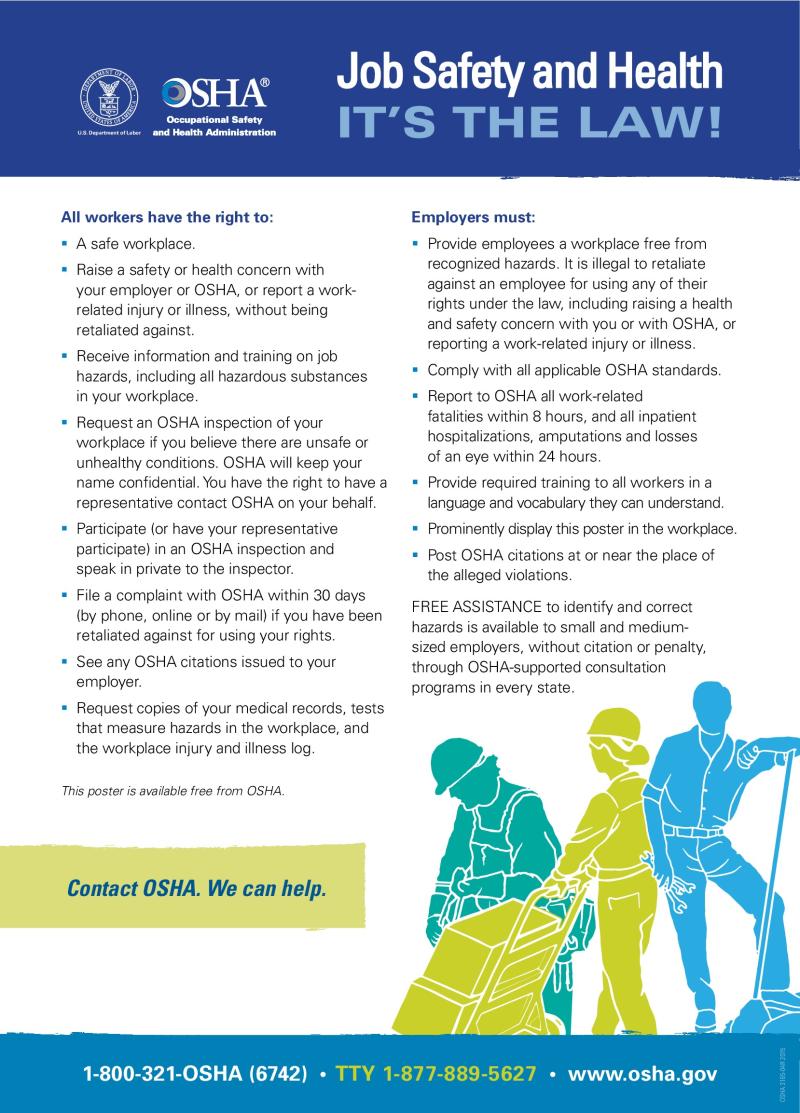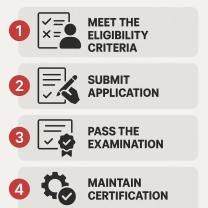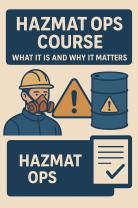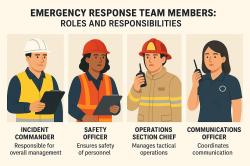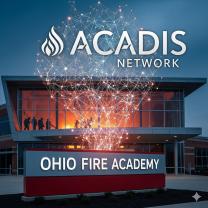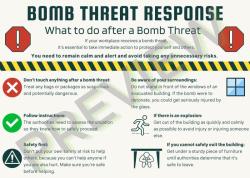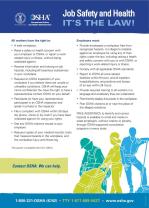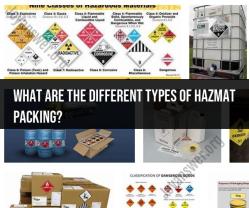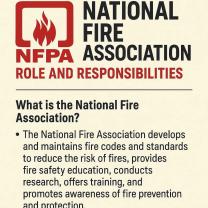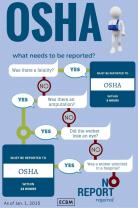What jobs require OSHA?
Occupational Safety and Health Administration (OSHA) compliance is relevant to a wide range of industries and job roles where workers may be exposed to potential health and safety hazards. OSHA regulations are designed to ensure that workplaces maintain a safe and healthy environment for employees. While not an exhaustive list, here are some common jobs and industries where OSHA compliance is particularly important:
Construction Industry:
- Jobs: Construction workers, carpenters, electricians, plumbers, heavy equipment operators, site supervisors.
- OSHA Regulations: Construction regulations (29 CFR Part 1926) cover various aspects, including fall protection, scaffolding, electrical safety, excavation, and hazard communication.
Manufacturing and Industrial Settings:
- Jobs: Factory workers, machine operators, maintenance technicians, engineers.
- OSHA Regulations: General Industry standards (29 CFR Part 1910) apply to manufacturing and industrial workplaces and cover areas such as machine guarding, hazardous materials, respiratory protection, and confined spaces.
Healthcare Industry:
- Jobs: Nurses, doctors, healthcare assistants, maintenance staff.
- OSHA Regulations: General Industry standards apply to healthcare settings, addressing topics like bloodborne pathogens, personal protective equipment (PPE), and workplace violence prevention.
Warehousing and Logistics:
- Jobs: Warehouse workers, forklift operators, logistics personnel.
- OSHA Regulations: General Industry standards apply, covering areas such as material handling, powered industrial trucks (forklifts), and fall protection.
Oil and Gas Industry:
- Jobs: Oil rig workers, drillers, refinery workers, pipeline operators.
- OSHA Regulations: Specific regulations (29 CFR Part 1910.119 and others) address process safety management, confined spaces, and hazard communication in the oil and gas industry.
Agriculture:
- Jobs: Farmers, agricultural workers, pesticide applicators.
- OSHA Regulations: Agriculture standards (29 CFR Part 1928) cover areas such as respiratory protection, noise exposure, and chemical safety.
Emergency Services:
- Jobs: Firefighters, paramedics, emergency medical technicians (EMTs).
- OSHA Regulations: Various standards may apply, including those related to bloodborne pathogens, respiratory protection, and personal protective equipment.
Mining Industry:
- Jobs: Miners, drillers, equipment operators.
- OSHA Regulations: Mining-specific regulations (30 CFR) address safety and health issues in the mining industry, including electrical safety, ground control, and hazardous materials.
Telecommunications:
- Jobs: Telecommunications tower climbers, technicians.
- OSHA Regulations: Regulations addressing fall protection, tower climbing safety, and electrical safety may apply.
Transportation and Trucking:
- Jobs: Truck drivers, transportation workers, mechanics.
- OSHA Regulations: General Industry standards may apply, covering areas such as powered industrial trucks (forklifts), hazard communication, and respiratory protection.
It's important to note that OSHA compliance is not limited to specific jobs or industries. Any workplace, regardless of its nature, must comply with OSHA regulations to ensure the safety and health of its employees. Employers and workers should be familiar with relevant OSHA standards that apply to their specific work environment and job duties.
What professions or occupations mandate OSHA compliance?
Technically, all employers in the United States with employees are subject to OSHA compliance, regardless of their industry, size, or location. However, the specific requirements and enforcement vary depending on the level of risk associated with the workplace.
Here's a breakdown of how OSHA compliance applies to different professions and occupations:
All Employers:
- General Duty Clause: All employers, regardless of industry, have a legal duty under the Occupational Safety and Health Act (OSH Act) to provide their employees with a workplace free from recognized hazards that may cause death or serious physical harm. This means they must:
- Identify and assess workplace hazards.
- Implement controls to eliminate or minimize hazards.
- Provide adequate training and safety equipment to employees.
High-Hazard Industries:
- Specific Standards: For industries with high levels of occupational risk, OSHA has developed specific standards addressing hazards and safety practices. These industries include:
- Construction
- Manufacturing
- Healthcare
- Shipyards
- Longshoreing
- Agriculture (to some extent)
Low-Hazard Industries:
- Fewer Specific Standards: For industries with lower levels of occupational risk, OSHA may have fewer specific standards, but they are still subject to the General Duty Clause. This means they must:
- Apply general safety principles to their workplaces.
- Consult with OSHA or other resources for guidance on appropriate safety practices.
State-Plan States:
- State-Specific Requirements: In some states with their own OSHA-approved occupational safety and health plans, employers may need to comply with additional regulations and standards beyond federal requirements.
Exemptions:
- Certain small businesses: Some very small businesses (fewer than 10 employees) are exempt from OSHA recordkeeping and reporting requirements, but they are still subject to the General Duty Clause.
- Federal and state government agencies: These entities have their own safety and health regulations, but they may still consult with OSHA for guidance.
Overall, while OSHA compliance is technically mandatory for all employers, the level of specific requirements and enforcement varies depending on factors like industry, risk level, and state regulations.
It's important for employers to understand their specific obligations under OSHA and take proactive steps to ensure a safe and healthy work environment for their employees. Resources like the OSHA website, safety consultants, and professional organizations can provide valuable guidance and support in complying with OSHA regulations.
I hope this information clarifies how OSHA compliance applies to different professions and occupations.
